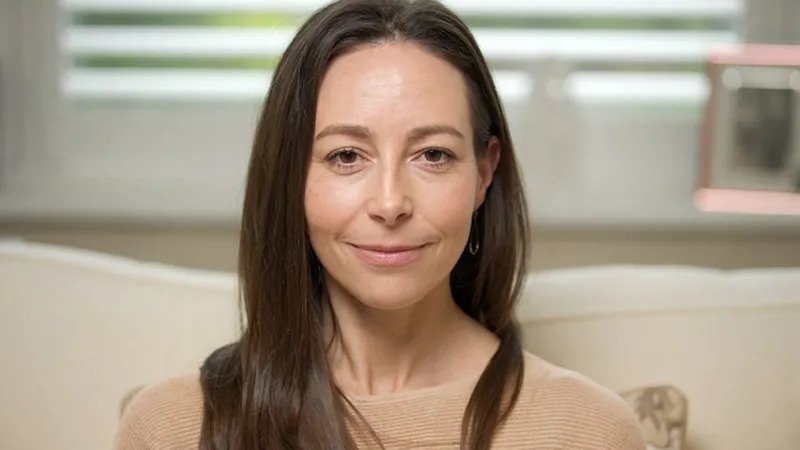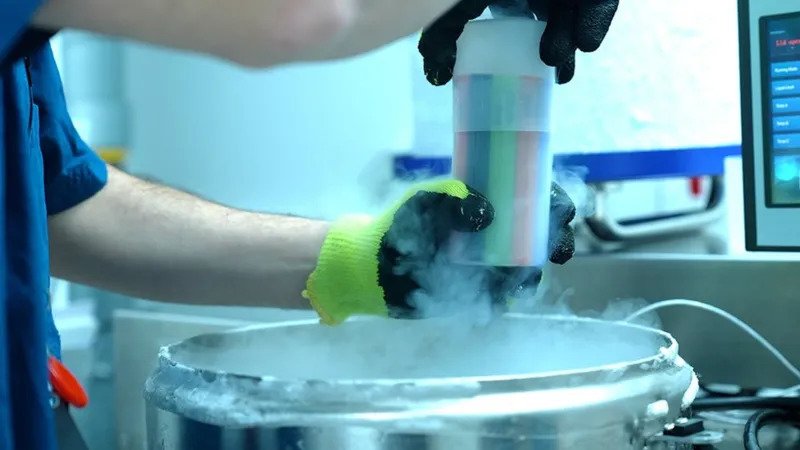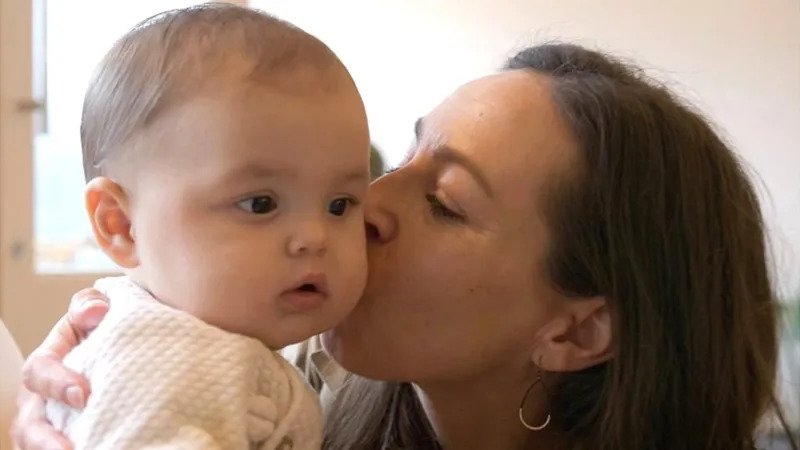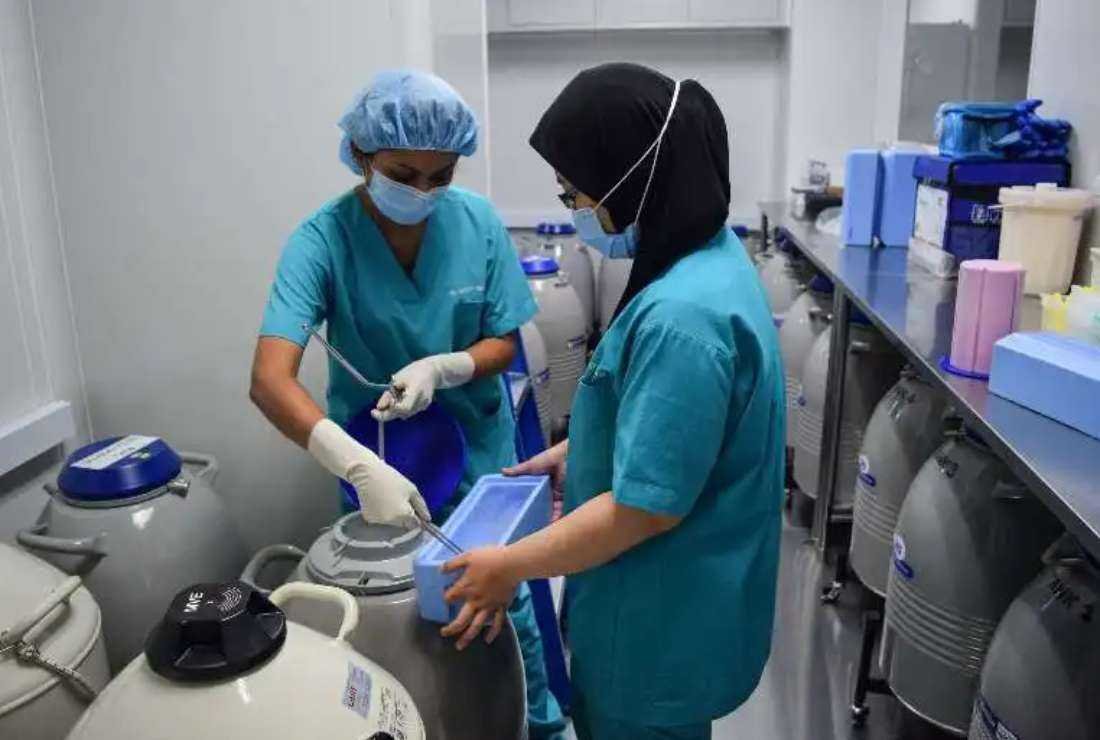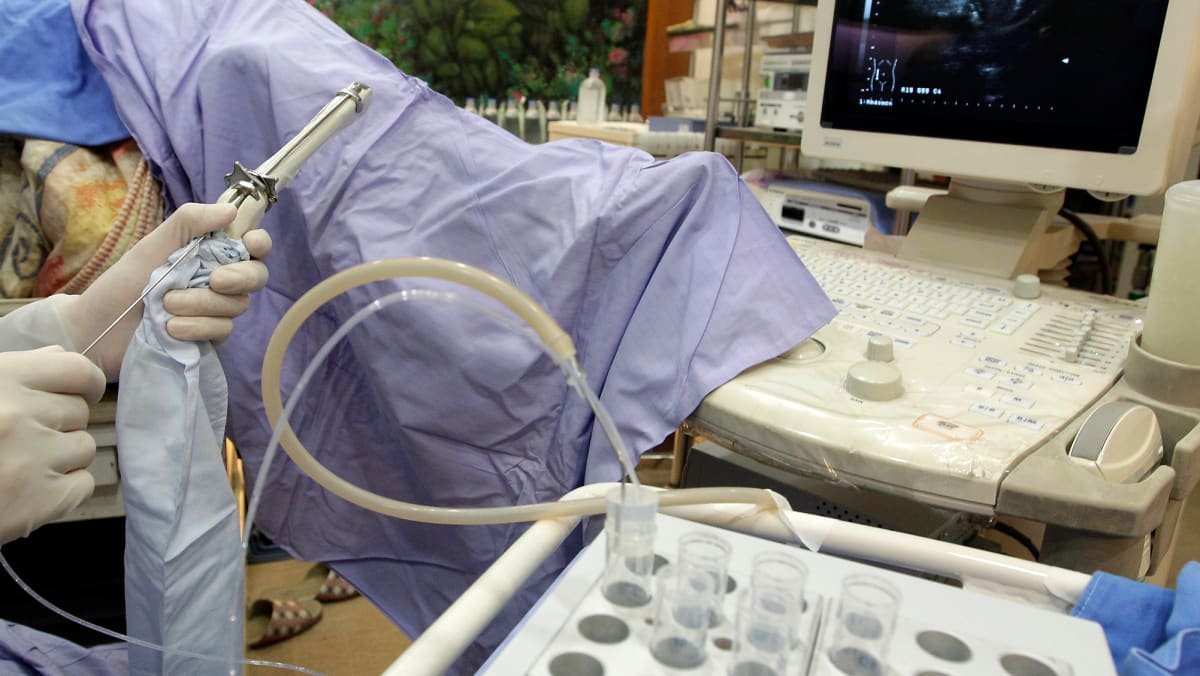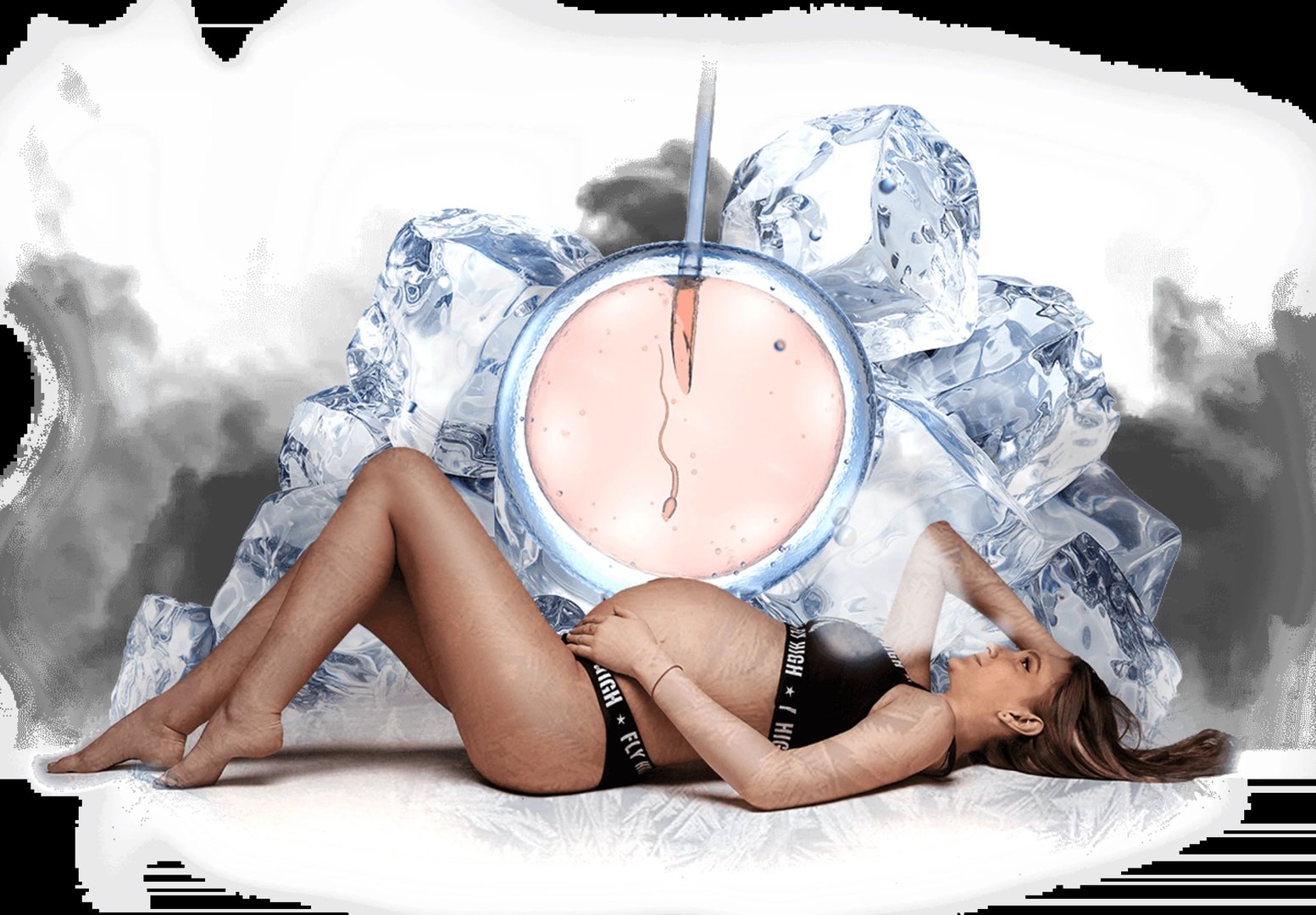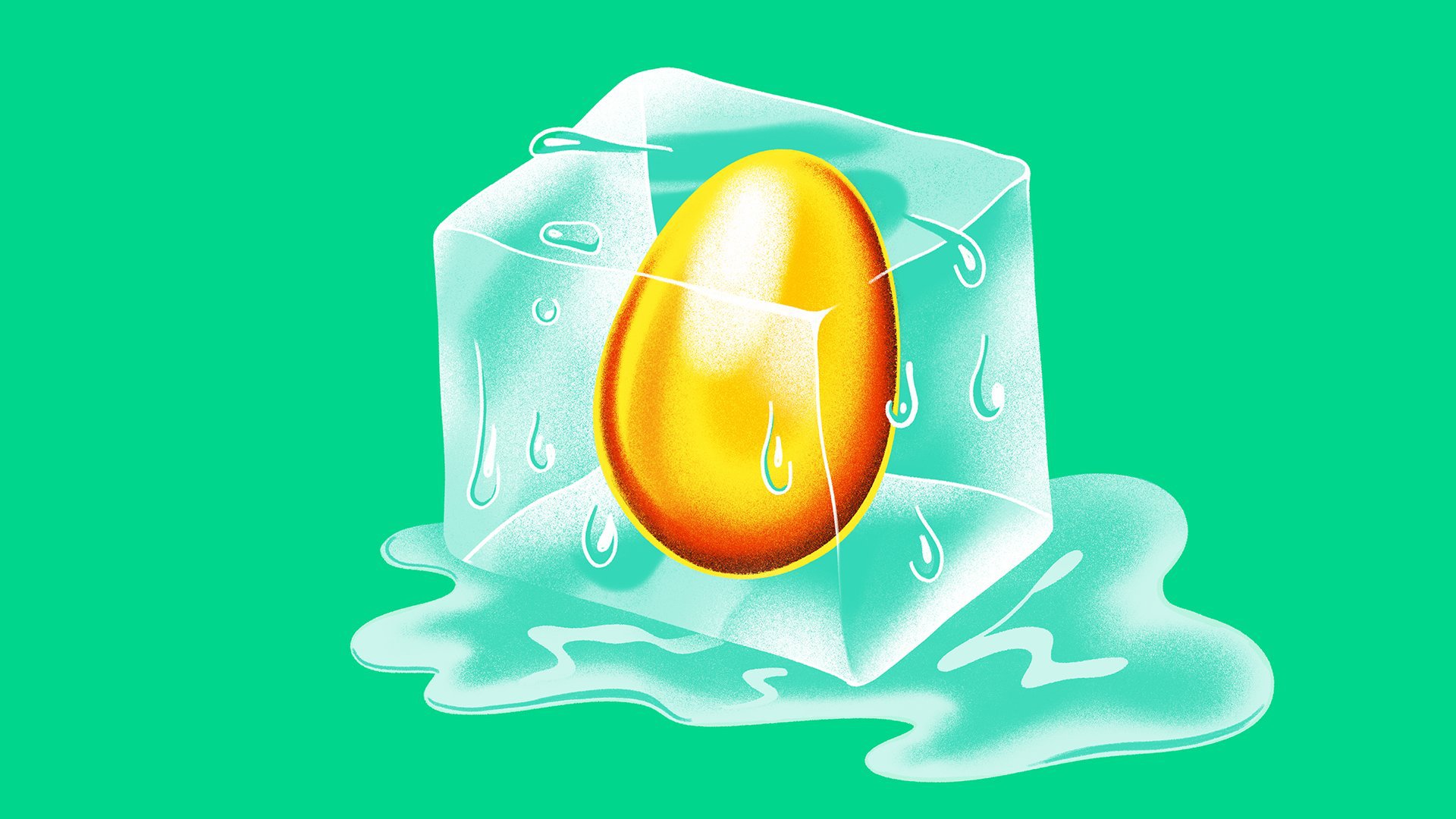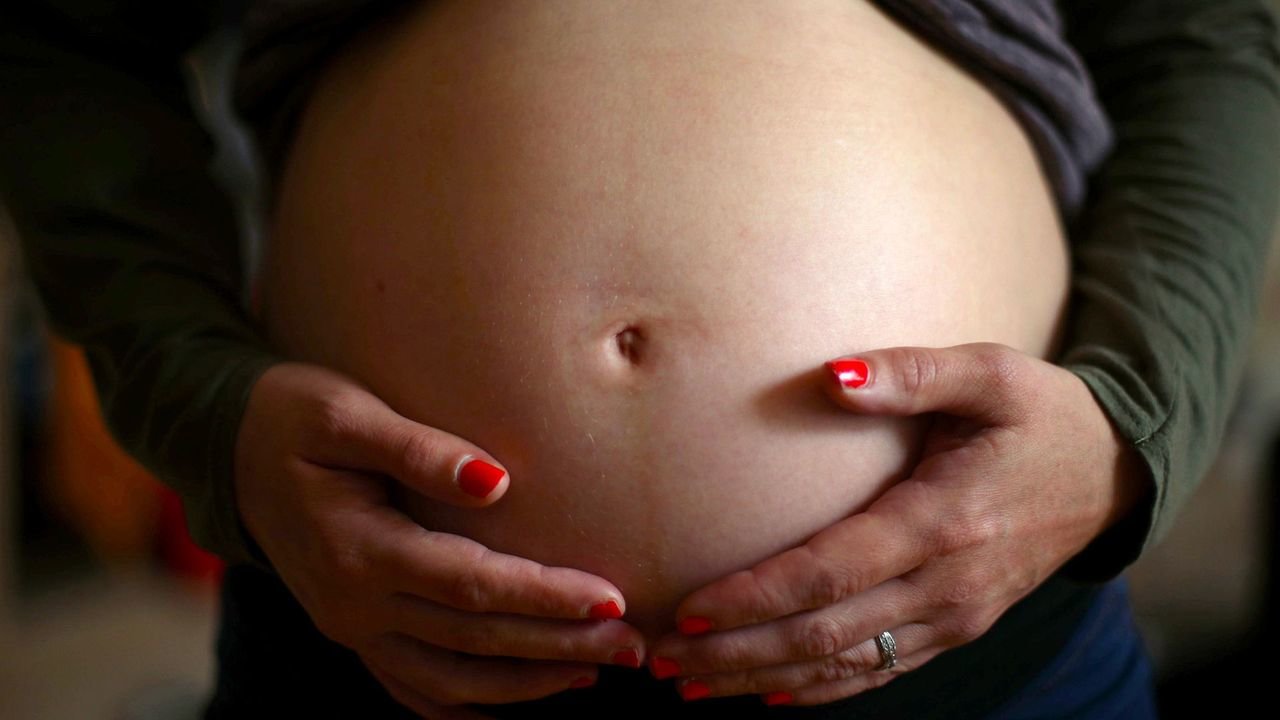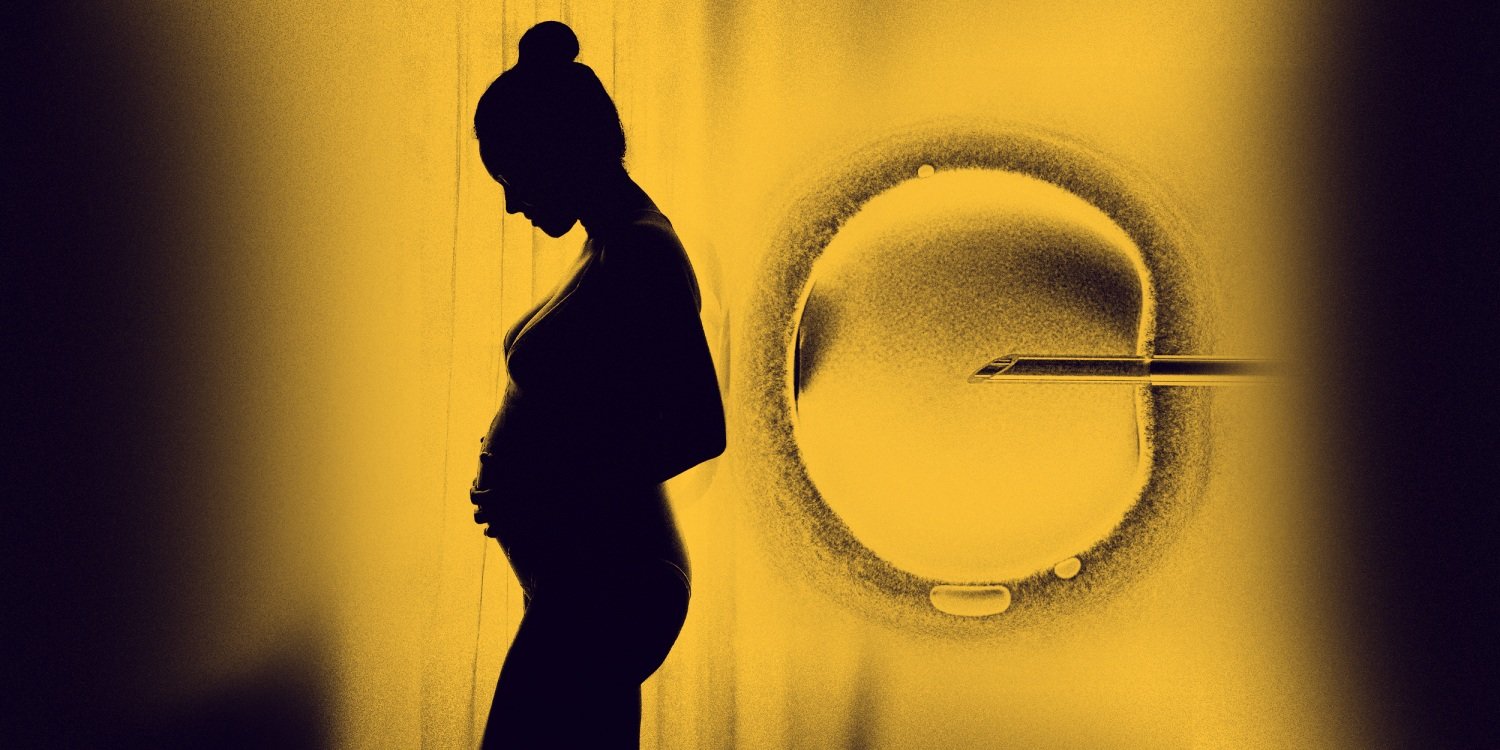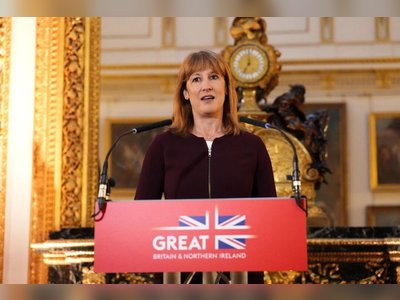Egg freezing patients ‘misled’ by clinics
Women are being misled by some UK fertility clinics about their chances of conceiving after freezing their eggs, according to a fertility charity's response to a BBC investigation.
The investigation revealed that 41% of private clinics could be violating advertising standards by providing unclear or misleading success statistics.
As demand for egg freezing reaches an all-time high, concerns grow over the communication of success rates and procedure details. Ice freezing, a method to preserve fertility, is not typically funded by the NHS except in cases where medical treatments jeopardize fertility.
Egg freezing has seen a significant rise, with over 4,000 procedures reported in the UK in 2021, a tenfold increase since 2011.
Frozen eggs can eventually be thawed for use in treatments like IVF, yet success rates are influenced by various factors, including age and egg quality. Despite positive thaw rates of 80-95% advertised by most clinics, the chances of achieving pregnancy are considerably lower due to multiple steps involved before successful embryo implantation.
The Fertility Network criticized the misleading information provided by clinics. The Human Fertilisation and Embryology Authority (HFEA) stated that success rates for frozen eggs are slightly lower than for IVF with fresh eggs, and significantly lower for those in their 40s.
The BBC's examination of 78 UK clinic websites found that many do not accurately represent a patient's likelihood of future pregnancy. Moreover, some clinics fail to provide comprehensive data behind their advertised success rates, prompting critiques from both the Competition and Markets Authority (CMA) and the British Fertility Society about the clarity of such claims.
The CMA emphasizes the importance of transparent communication regarding egg freezing, considering the substantial financial and emotional investment required. Women who have undergone the procedure shared experiences of feeling underinformed about the costs and likelihood of success.
In one personal account, Natalie Thomas, 39, shared her challenging journey through egg freezing, which later led to the birth of her son after a considerable financial and emotional investment. Her success story, though rewarding, is not the norm for many women.
The industry's urging for honest and transparent online information aligns with the HFEA's call for clinics to provide comprehensive information to patients.
The CMA further specifies that information must be demonstrable, account for age-related outcomes, and clarify the distinction between egg survival and live birth rates. There is also a call for increased regulatory authority to fine non-compliant clinics.
As demand for egg freezing reaches an all-time high, concerns grow over the communication of success rates and procedure details. Ice freezing, a method to preserve fertility, is not typically funded by the NHS except in cases where medical treatments jeopardize fertility.
Egg freezing has seen a significant rise, with over 4,000 procedures reported in the UK in 2021, a tenfold increase since 2011.
Frozen eggs can eventually be thawed for use in treatments like IVF, yet success rates are influenced by various factors, including age and egg quality. Despite positive thaw rates of 80-95% advertised by most clinics, the chances of achieving pregnancy are considerably lower due to multiple steps involved before successful embryo implantation.
The Fertility Network criticized the misleading information provided by clinics. The Human Fertilisation and Embryology Authority (HFEA) stated that success rates for frozen eggs are slightly lower than for IVF with fresh eggs, and significantly lower for those in their 40s.
The BBC's examination of 78 UK clinic websites found that many do not accurately represent a patient's likelihood of future pregnancy. Moreover, some clinics fail to provide comprehensive data behind their advertised success rates, prompting critiques from both the Competition and Markets Authority (CMA) and the British Fertility Society about the clarity of such claims.
The CMA emphasizes the importance of transparent communication regarding egg freezing, considering the substantial financial and emotional investment required. Women who have undergone the procedure shared experiences of feeling underinformed about the costs and likelihood of success.
In one personal account, Natalie Thomas, 39, shared her challenging journey through egg freezing, which later led to the birth of her son after a considerable financial and emotional investment. Her success story, though rewarding, is not the norm for many women.
The industry's urging for honest and transparent online information aligns with the HFEA's call for clinics to provide comprehensive information to patients.
The CMA further specifies that information must be demonstrable, account for age-related outcomes, and clarify the distinction between egg survival and live birth rates. There is also a call for increased regulatory authority to fine non-compliant clinics.
